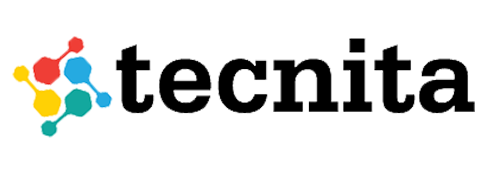

Building Effective Leadership Development Programs
The need for building effective leadership development programs has never been greater than it is now. Human Resources (HR) are becoming increasingly important in developing and forming the next generation of leaders as companies work to maintain their competitiveness and innovation. Making effective leadership development programs requires not just identifying future leaders but also equipping them with the abilities, perspectives, and information necessary for future achievement. The article discusses the fundamental elements of building effective leadership development programs and explores how HR is essential for developing the leaders of tomorrow.
Aligning Strategy and Identifying Needs:
Aligning a leadership development program with the organization’s objectives is the foundation of a successful program. Human Resources managers interact closely with senior management to ensure that leadership strategies correspond to the organization’s goals. A detailed needs assessment is undertaken to identify gaps in leadership abilities, allowing HR to build development programs that target these specific areas.
Finding and Evaluating High-Potential Leaders:
HR is entrusted with finding people with high potential for leadership positions inside the company. HR professionals can identify workers with the necessary attributes for future leadership using a combination of performance reviews, assessment centers, and psychological tests. This data-driven methodology ensures that the best candidates are chosen for development projects.
Personalized Learning Journeys:
When it comes to leadership development, there is no one-size-fits-all approach. Every high-potential employee receives a unique learning path that considers their strengths and opportunities for improvement. These routes include seminars, coaching, mentorships, e-learning courses, and practical training.
Mentorship and coaching for guidance:
HR supports establishing a relationship between young leaders with expert mentors and coaches who offer insightful advice and constructive criticism. This specialized engagement speeds up learning by allowing aspiring leaders to overcome obstacles and polish their abilities with the assistance of experienced professionals.
Exposure to Cross-Functional Opportunities:
Modern leaders must have a comprehensive awareness of their organization. HR makes sure that aspiring leaders are exposed to many divisions and functions, encouraging a wide outlook and the ability to work well with others in varied contexts. Growth programs frequently include rotating assignments and special projects to support this cross-functional learning.
Continuous Feedback and Progress Tracking:
HR contributes to the formation of a culture that values leadership development and empowers staff to take charge of their own professional development by encouraging continual development at all levels. To keep track of the growth of participants in leadership development programs, HR provides regular feedback methods. By allowing for real-time modifications, this continual review ensures that development programs continue to align with changing organizational demands.
Prioritizing Soft Skills and Emotional Intelligence:
Highly prioritizing soft skills and emotional intelligence are necessary for effective leadership in the modern world. Communication, empathy, conflict resolution, and other interpersonal skills are emphasized in HR programs because they are essential for effective leadership in a range of dynamic circumstances.
Measuring the Impact of Leadership Development Programs:
HR uses a range of indicators, including employee engagement ratings, promotion rates, and 360-degree feedback. This data-driven strategy gives HR the ability to improve programs for the best outcomes.
HR should make sure that programs for leadership development are open to and inclusive of people from different backgrounds. Having a diverse leadership team improves organizational performance in terms of innovation and decision-making.
Conclusion:
In a time when leadership transcends job designations and encompasses a mentality, HR’s role in developing the next generation of leaders is crucial. HR professionals maintain a steady flow of qualified leaders who can successfully navigate complexity, encourage innovation, and manage teams by strategically planning and implementing comprehensive leadership development programs. The path of future leaders is shaped by HR via specialized training, mentoring, abundant experiences, and constant evaluation, laying the foundation for the company’s profitable and long-term future.
Looking for diverse talents to join your organization? Contact us at Tecnita to find exceptional talent for your organization who does not just fit the role but is a right cultural fit for your firm.
